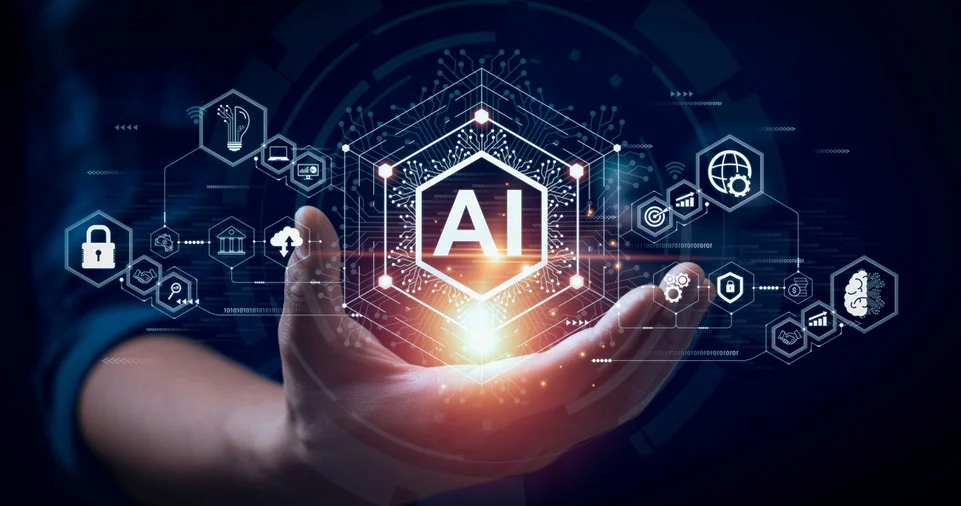Artificial Intelligence (AI) is transforming industries, enhancing efficiencies, and driving innovation.
However, ethical concerns surrounding AI, including biases, data privacy, accountability, and its impact on human jobs, have led to heated debates.
Striking the right balance between innovation and responsibility is crucial to ensure AI benefits society without unintended consequences.
AI’s growing role in healthcare, finance, education, and governance further intensifies the discussion on ethical considerations.
As AI becomes more autonomous, questions arise about how these systems should be controlled, monitored, and held accountable.
AI ethics extend beyond compliance—they shape how society interacts with this technology and whether it remains a tool for positive change or poses significant risks.
The need for robust guidelines and continuous ethical evaluation is paramount to preventing AI from exacerbating existing inequalities or introducing unforeseen dangers.
The Ethical Dilemmas of AI
AI development and deployment come with significant ethical challenges, including:
Bias and Fairness:
AI systems can inherit biases from training data, leading to discriminatory outcomes. Ensuring fairness requires diverse and representative data sets and rigorous testing to eliminate prejudiced outcomes.
Privacy and Data Security:
AI relies on vast amounts of data, raising concerns about how personal information is collected, stored, and used.
Ethical AI must adhere to stringent data protection policies and offer transparency in its data-handling practices.
Accountability and Transparency:
When AI makes decisions, it is crucial to determine who is responsible for errors or unethical actions. Without clear accountability, individuals affected by AI errors may struggle to seek justice.
Impact on Employment:
AI-driven automation can replace jobs, leading to economic and social consequences. While AI enhances productivity, it also necessitates reskilling programs and policies to support affected workers.
Autonomy and Control:
As AI systems become more sophisticated, ensuring they remain controllable and aligned with human intentions is essential.
ALSO READ: What Is FinOps?
Key Considerations for Ethical AI

Human Oversight and Control
AI should assist humans rather than replace them entirely. Maintaining human oversight ensures that AI decisions align with ethical and legal standards.
Example:
Self-driving cars must include mechanisms for human intervention to avoid potential disasters if the AI misinterprets a situation.
Similarly, AI in healthcare should support medical professionals rather than independently diagnosing or prescribing treatments.
Strategies for Oversight:
- Regular monitoring of AI decision-making.
- Implementation of override mechanisms.
- Ethical training for AI developers and users.
Accountability and Responsibility
Who is responsible when AI goes wrong? Companies and developers must be held accountable for the consequences of AI systems.
| Aspect | Responsibility |
|---|---|
| AI System Errors | Developers and Organizations |
| Data Misuse | Data Collectors & Regulators |
| Bias and Discrimination | AI Training Teams |
Case Study:
In 2018, a self-driving Uber vehicle struck a pedestrian due to an AI failure.
This incident raised questions about liability—whether it was Uber, the AI developers, or regulators at fault. Such cases highlight the necessity of clear guidelines on AI accountability.
Ensuring Data Privacy and Security
Protecting user data is crucial to building trust in AI.
Best Practices:
- Implement strong encryption and security measures.
- Ensure user data is anonymized.
- Establish transparent data policies.
- Incorporate consent-driven data collection processes.
| AI Data Ethics Principle | Implementation |
|---|---|
| Consent & Transparency | Clear user agreements |
| Data Minimization | Collect only necessary data |
| Secure Storage | Encryption and restricted access |
| User Control | Enable individuals to manage their data |
Minimizing Bias and Promoting Fairness
AI algorithms should be trained on diverse datasets to prevent discrimination.
Bias detection tools should be integrated into AI development processes to identify and mitigate prejudices early.
Example:
Facial recognition AI has been criticized for racial bias due to inadequate training data diversity.
Companies like IBM and Microsoft have revised their models to improve fairness, emphasizing the importance of continuous model assessment.
Human-Centric AI Development
AI should enhance human well-being and align with societal values.
Principles of Human-Centric AI:
- Transparency: Clear explanations of AI decisions.
- Inclusivity: Considering diverse user needs.
- Ethical Data Use: Respecting user privacy and security.
- Continuous Learning: AI should evolve based on ethical standards and feedback.
- Sustainability: AI should contribute to environmental and social well-being.
Example: AI used in recruitment should be designed to prioritize diversity and inclusion, ensuring it does not unintentionally favor specific demographics.
The Path Forward: Balancing Innovation and Responsibility
Governments, companies, and individuals must work together to ensure ethical AI development.
Actionable Steps:
- Governments should introduce clear AI regulations, ensuring compliance with ethical standards.
- Companies should implement ethical AI policies, fostering responsible AI practices internally.
- Users should be educated on AI’s impact and rights, enabling informed interactions with AI-driven systems.
- Collaboration between policymakers, technologists, and ethicists to develop comprehensive AI governance frameworks.
ALSO READ: Development of Fintech and Crypto Industry: Need for Legal Regulation
Conclusion
AI holds immense potential, but with great power comes great responsibility.
By ensuring human oversight, accountability, fairness, and privacy, we can create AI systems that drive innovation while upholding ethical values.
Ethical AI practices should not be an afterthought but an integral part of AI development and deployment.
As AI technology continues to evolve, it is essential to maintain ongoing discussions about ethics, refine regulatory frameworks, and ensure AI remains a force for good.
The ultimate goal is to harness AI’s potential while safeguarding human rights, societal values, and ethical integrity.

